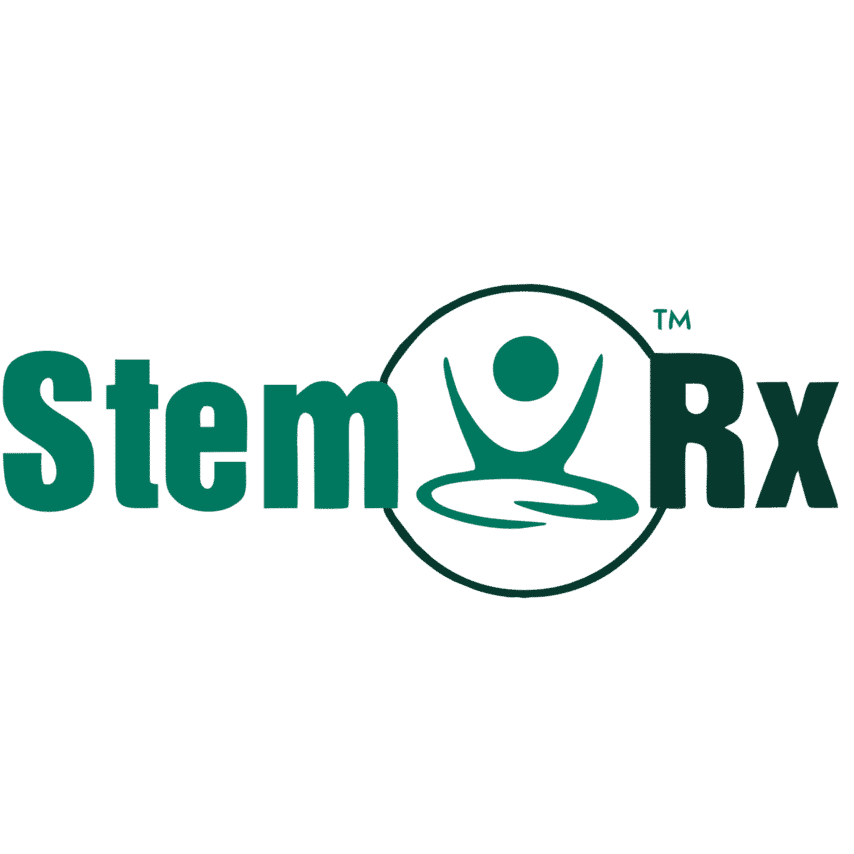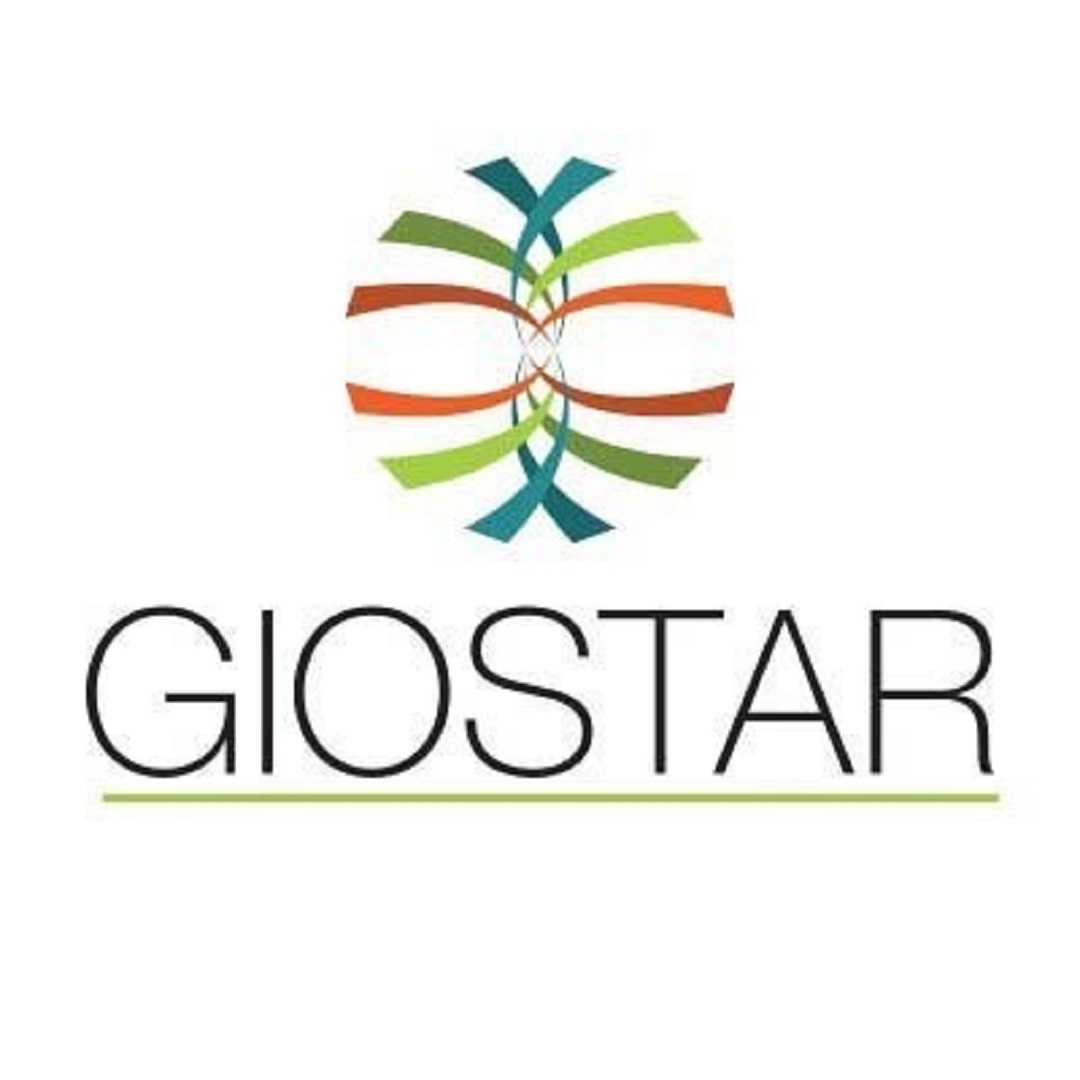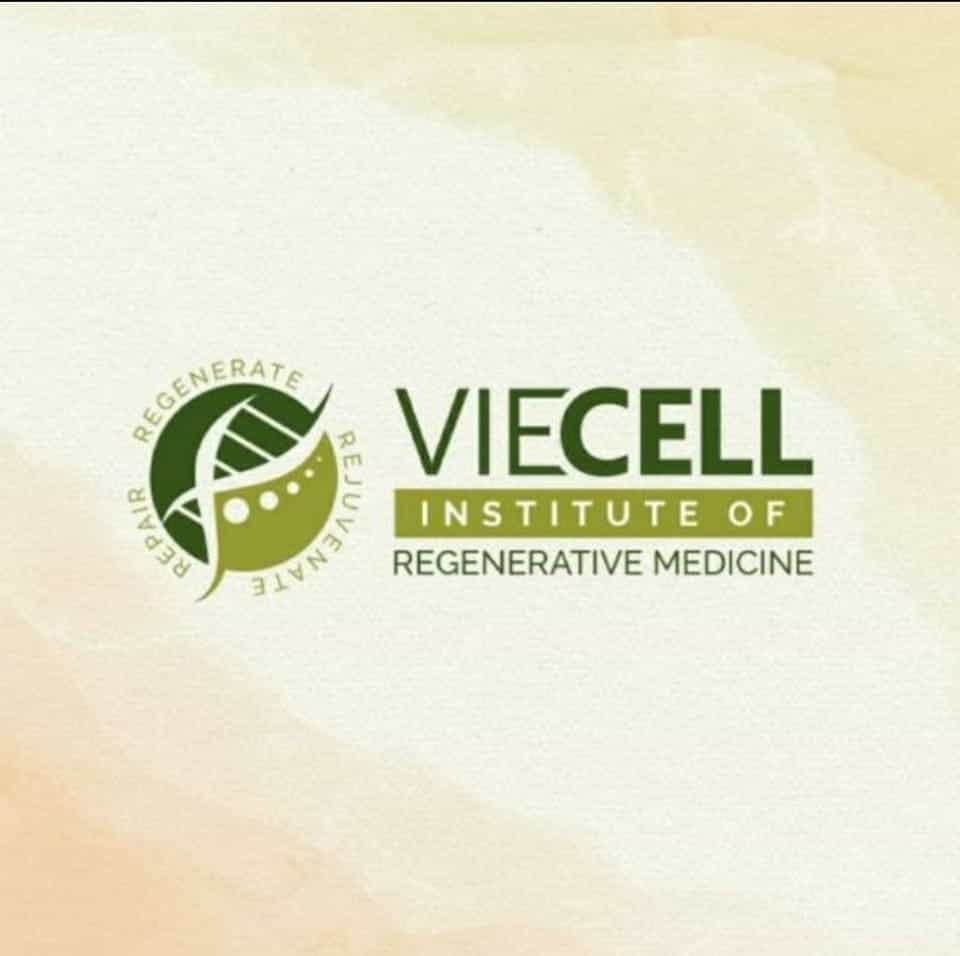Stem Cell Therapy for Diabetes in India: A Path to Better Health
.jpeg)
Diabetes Mellitus, a chronic condition affecting millions, is a significant global health challenge. While conventional treatments focus on managing blood sugar levels, stem cell therapy offers a promising avenue that aims to address the root causes of the disease by regenerating insulin-producing cells or modulating the immune system. India has emerged as a key destination for individuals seeking these advanced treatments, combining cutting-edge medical technology with relatively affordable costs. This blog post will explore the potential of stem cell therapy for diabetes in India, answering common questions about its efficacy, types, costs, and what patients can expect.
What types of stem cell therapy are used for Diabetes in India?
"The main types of stem cell therapy for diabetes in India involve Mesenchymal Stem Cell (MSC) therapy and approaches using pancreatic islet cells derived from induced pluripotent stem cells (iPSCs), aiming to restore insulin production or modulate the immune system."
Mesenchymal Stem Cell (MSC) therapy is one of the most commonly explored avenues. MSCs, often sourced from bone marrow, adipose tissue, or umbilical cord tissue, possess immunomodulatory and regenerative properties. For diabetes, MSCs are believed to help by reducing inflammation, secreting factors that protect existing beta cells, and potentially differentiating into insulin-producing cells or improving the function of dysfunctional ones. They can also aid in the regeneration of blood vessels, crucial for improving overall pancreatic health.
Another promising area, primarily in clinical trial stages globally and in India, involves using induced pluripotent stem cells (iPSCs). These are adult cells that have been reprogrammed to an embryonic-like state, giving them the ability to differentiate into various cell types, including insulin-producing pancreatic beta cells. The goal is to transplant these lab-grown beta cells into diabetic patients to restore natural insulin production. This approach holds significant potential for Type 1 Diabetes, where the body's immune system destroys its own beta cells.
Is stem cell therapy for diabetes effective in India?
"While still largely considered experimental or within clinical trial frameworks, stem cell therapy for diabetes in India has shown promising results in some patients, particularly in improving blood sugar control, reducing insulin dependence, and enhancing the overall quality of life."
Clinical trials and observational studies conducted in India and worldwide have reported encouraging outcomes. For Type 1 Diabetes, the focus is on halting the autoimmune destruction of beta cells and potentially replacing them. In Type 2 Diabetes, stem cell therapy aims to improve insulin sensitivity and partially restore beta-cell function. Patients have reported improvements in HbA1c levels, a reduction in insulin dosage, and better control of blood glucose. However, it's crucial to understand that it's not yet a guaranteed cure for all patients and individual responses can vary significantly.
What is the success rate of stem cell therapy for diabetes in India?
"The reported success rates for stem cell therapy for diabetes in India vary, with some studies indicating that a significant percentage of patients, particularly those in early stages or with Type 2 diabetes, experience reduced insulin dependency and improved glycemic control, with success rates of around 50-70% in specific clinical settings."
While a definitive universal success rate is difficult to quote due to the varying protocols, types of diabetes, and individual patient conditions, some clinics and trials in India have reported positive outcomes. For example, some studies using MSCs have shown that a notable proportion of patients with Type 2 diabetes experience a reduction in their insulin requirements or even achieve insulin independence for a period. For Type 1 diabetes, the aim is often to preserve residual beta-cell function and reduce the severity of hypoglycemic episodes. Long-term data is still being gathered, and outcomes can depend heavily on patient selection and the specific stem cell protocol used.
How much does stem cell therapy for diabetes cost in India?
"Stem cell therapy for diabetes in India is considerably more affordable than in many Western countries, with average costs typically ranging from $3,800 to $7,000 (approximately Rs. 3,15,000 to Rs. 5,80,000), depending on the type of diabetes, the specific protocol, the number of infusions, and the chosen hospital or clinic."
The cost-effectiveness is a major factor attracting international patients to India for stem cell treatments. In comparison, similar therapies in countries like the USA or Europe can cost tens of thousands, or even hundreds of thousands, of dollars. This affordability in India is due to lower operational costs, competitive healthcare markets, and a strong focus on medical tourism. The quoted price generally covers the procedure, initial assessments, hospital stay, and post-treatment follow-up, though it's always advisable to get a detailed breakdown of inclusions.
What are the risks and side effects of stem cell therapy for diabetes?
"The risks and side effects of stem cell therapy for diabetes are generally considered mild and temporary, including fatigue, headache, chills, nausea, pain or swelling at the injection site, and a low-grade fever. More severe complications like infection or immune rejection are rare, especially with autologous (patient's own) cells."
While stem cell therapy is generally regarded as safe, particularly when using autologous or carefully screened allogeneic (donor) cells, potential side effects can occur. These often relate to the administration method, such as localized pain or bruising from injections, or transient systemic symptoms like fever or headache after intravenous infusion. The risk of immune rejection is significantly lower with Mesenchymal Stem Cells (MSCs) compared to other cell types due to their immunomodulatory properties. However, as with any medical procedure, there's a minimal risk of infection. Reputable clinics follow strict safety protocols to minimize these risks.
How long does recovery take after stem cell therapy for diabetes?
"Recovery after stem cell therapy for diabetes is typically quick, with patients experiencing minimal downtime and often resuming normal activities within a few days. Significant improvements in blood sugar control or a reduction in insulin dependence may become noticeable over several weeks to months as the cells take effect."
Unlike highly invasive surgical procedures, stem cell therapy for diabetes usually involves minimally invasive administration methods, such as intravenous infusions or direct injections into specific areas. This means patients generally do not require a long hospital stay. While immediate recovery from the procedure itself is quick, the biological effects of the stem cells, such as improved beta-cell function or immune modulation, can take time to manifest. Patients are often advised to continue monitoring their blood glucose levels and working closely with their doctors to adjust medication as their condition improves.
Which hospitals in India offer stem cell therapy for diabetes?
"Several specialized clinics and some larger hospital groups in India offer stem cell therapy for diabetes, including institutions like Advancells, Stem Cell Care India, Giostar, and specific departments within major multi-specialty hospitals that focus on regenerative medicine."
India has a growing number of medical facilities that are involved in stem cell research and therapy. While it's important to note that many treatments are still considered experimental or part of clinical trials, some established centers provide these services. These include:
-
Advancells
-
Stem Cell Care India
-
Giostar
-
Specialized units within larger hospital chains like Apollo Hospitals or Max Healthcare, which may collaborate with stem cell research initiatives.
Patients should thoroughly research clinics, verify their credentials, and ensure they are recognized for ethical and effective stem cell treatments for diabetes.
Am I a suitable candidate for stem cell therapy for diabetes in India?
"Suitability for stem cell therapy for diabetes in India is determined through a comprehensive medical evaluation, typically favoring patients with early-stage Type 1 Diabetes, or Type 2 Diabetes with residual beta-cell function, and generally excluding those with severe long-term complications or uncontrolled comorbidities."
Eligibility criteria vary depending on the specific stem cell protocol and the clinic. Generally, ideal candidates for stem cell therapy for diabetes might include:
-
Type 1 Diabetes: Patients in the "honeymoon phase" (recently diagnosed with some residual insulin production) or those experiencing severe hypoglycemia. Younger patients may also be more suitable.
-
Type 2 Diabetes: Patients who still have some functional beta cells, are not completely insulin-dependent, or have complications that might benefit from regenerative effects.
Patients with severe long-term complications of diabetes (like advanced kidney failure or significant cardiovascular disease) or other uncontrolled health conditions might not be ideal candidates due to increased risks. A thorough assessment by an endocrinologist and a stem cell specialist is essential to determine individual suitability.
What is the typical duration of stay for stem cell therapy in India?
"The typical duration of stay for stem cell therapy for diabetes in India can range from 3-7 days, accommodating the initial evaluations, the procedure itself (which often takes a few hours), and a short period of post-treatment observation before returning home."
Since many stem cell procedures for diabetes are minimally invasive, requiring intravenous infusions or localized injections, the in-hospital stay is often brief. Patients may arrive a day or two before the procedure for pre-treatment tests and consultations and stay for a few days post-procedure for observation. For international patients, planning for a slightly longer stay is advisable to allow for follow-up appointments and comfortable travel back. Some clinics may recommend multiple rounds of treatment over several months, which would require return visits.
Are there clinical trials for stem cell therapy for diabetes in India?
"Yes, India is actively involved in clinical trials for stem cell therapy for diabetes, contributing to global research efforts to develop and refine these innovative treatments, exploring various stem cell types and delivery methods for both Type 1 and Type 2 diabetes."
India has a robust medical research landscape, with several institutions and private clinics participating in clinical trials for stem cell therapy in diabetes. These trials are crucial for gathering scientific evidence on the safety and efficacy of new stem cell protocols, identifying optimal dosages, and understanding long-term outcomes. Patients interested in participating in clinical trials should inquire with reputable research hospitals or specialized stem cell centers in India, as this can offer access to cutting-edge treatments and contribute to the advancement of diabetes care.
What should I consider when choosing a clinic for stem cell therapy for diabetes in India?
"When selecting a clinic for stem cell therapy for diabetes in India, prioritize those with strong accreditations, a multidisciplinary team experienced in both diabetes and regenerative medicine, transparent pricing, comprehensive pre- and post-treatment care, and clear communication about expected outcomes and potential risks."
Choosing the right clinic is paramount. Here are key considerations:
-
Accreditation and Licensing: Ensure the clinic is officially registered and accredited by relevant national or international bodies (e.g., NABH, JCI).
-
Medical Team Expertise: Verify that the team includes qualified endocrinologists, stem cell specialists, and support staff with extensive experience in diabetes management and regenerative therapies.
-
Specific Protocols: Understand the exact stem cell type (e.g., MSCs, iPSC-derived cells) and administration method they use, and ensure it's backed by scientific rationale.
-
Transparency in Pricing: Obtain a detailed cost breakdown, including all associated fees for tests, consultations, the procedure, and follow-up care, to avoid hidden charges.
-
Patient Testimonials and Outcomes: While individual results vary, look for credible patient testimonials and any outcome data the clinic provides, maintaining realistic expectations.
-
Comprehensive Care: Assess if the clinic offers thorough pre-treatment evaluation, personalized treatment plans, and robust post-treatment follow-up and monitoring.
-
Ethical Practices: Confirm the clinic adheres to high ethical standards in stem cell research and therapy.
Can stem cell therapy cure diabetes?
"Currently, stem cell therapy for diabetes is not considered a universal 'cure' in the traditional sense, but it shows significant potential to improve pancreatic function, reduce insulin dependency, and manage diabetes-related complications, leading to better disease control and an enhanced quality of life for many patients."
While some patients, particularly those with early-stage Type 1 Diabetes, have achieved periods of insulin independence after stem cell therapy, it's not a guaranteed permanent cure for all forms or stages of diabetes. The goal of stem cell treatment is often to restore a degree of pancreatic function, modulate the immune response, and mitigate the progression of the disease and its complications. Ongoing research aims to develop therapies that can offer a complete and lasting cure, but as of now, it's more accurately described as a powerful disease-modifying therapy that can significantly improve outcomes.
What are the long-term benefits of stem cell therapy for diabetes?
"The long-term benefits of stem cell therapy for diabetes can include sustained improvement in blood glucose control, reduction in the need for insulin or oral medications, delayed progression of diabetes complications (neuropathy, nephropathy, retinopathy), and an overall improvement in the patient's quality of life."
For patients who respond well, stem cell therapy can provide lasting improvements. These benefits stem from the stem cells' ability to reduce inflammation, protect existing insulin-producing cells, and potentially regenerate or improve the function of damaged tissues. This can lead to more stable blood sugar levels, fewer episodes of hypo- or hyperglycemia, and a decreased risk of developing or worsening diabetes-related complications affecting the eyes, kidneys, nerves, and cardiovascular system. The duration of these long-term benefits is an area of ongoing research, but promising results have been observed over several years in some individuals.
How does stem cell therapy compare to conventional diabetes treatments?
"Stem cell therapy for diabetes differs from conventional treatments by addressing the underlying cellular and immunological causes of the disease, aiming to restore pancreatic function or modulate the immune system, whereas conventional treatments primarily manage blood sugar levels through medication, diet, and lifestyle adjustments."
Conventional diabetes treatments, such as insulin injections, oral medications, diet control, and exercise, focus on regulating blood glucose levels to prevent complications. These therapies are ongoing and manage the symptoms but generally do not reverse the underlying pathology or restore lost pancreatic function.
Explore PlacidWay for solutions related to medical tourism and healthcare services.


.png)





.png)
.png)
.png)






Share this listing